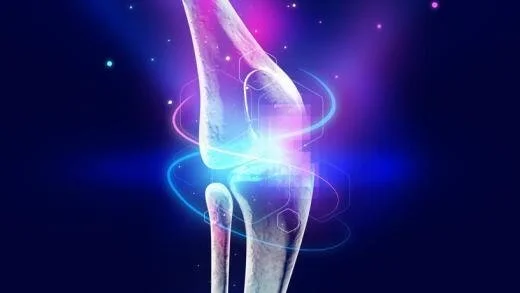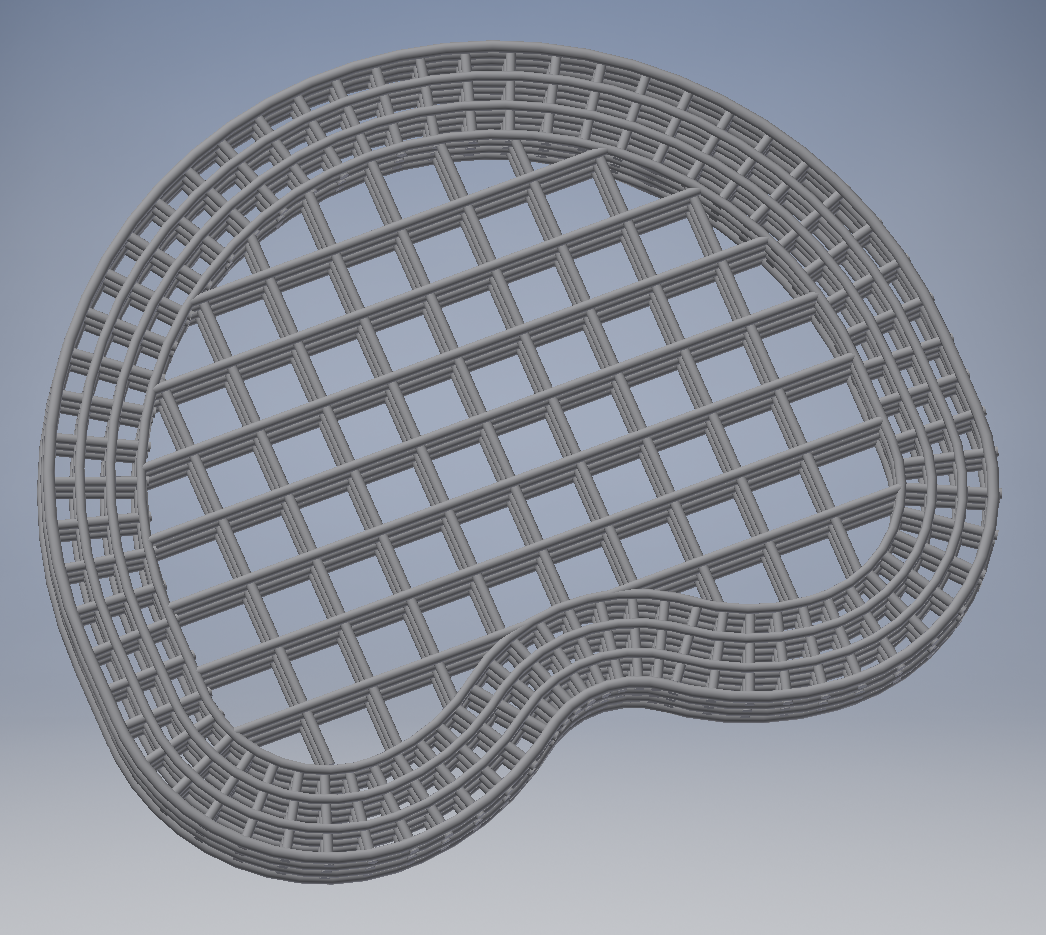Hi.
Welcome to the Chahine Lab!
We are interested in developing new therapies for cartilaginous tissues in the musculoskeletal system. Our focus is on spinal intervertebral discs, where we apply tools of bioengineering and biomechanics to understand degeneration and to develop regenerative strategies. We are also developing diagnostics biomarkers for back pain, the leading cause of disability worldwide.






